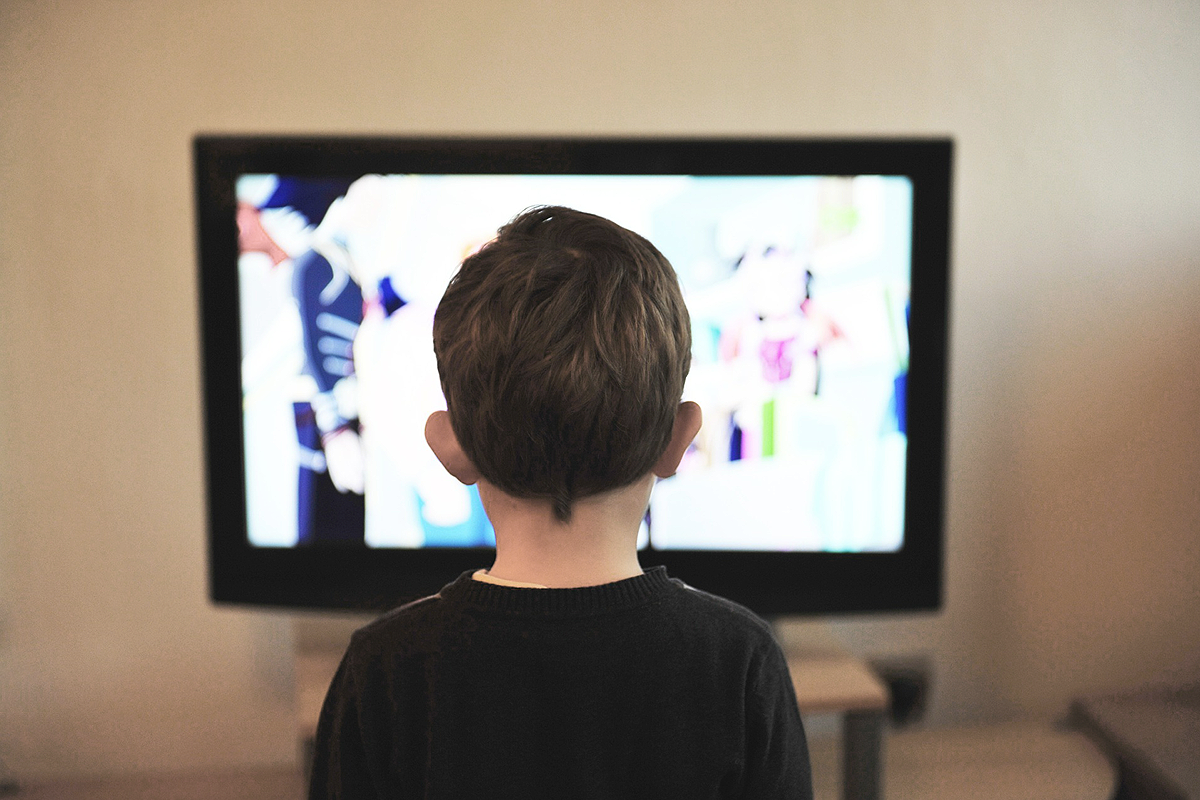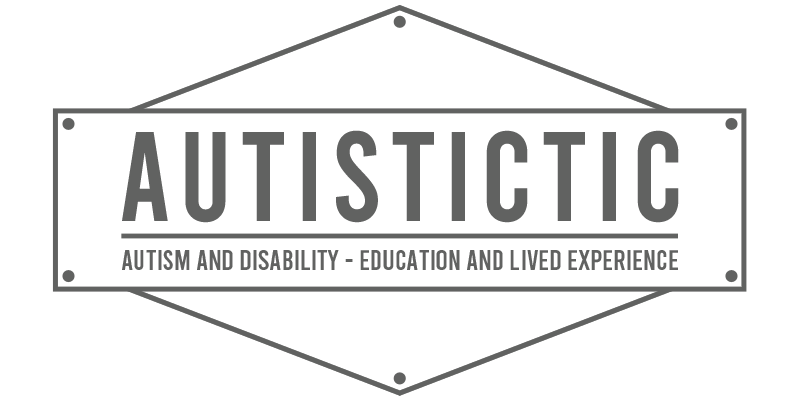HOME » BLOG » ECHOLALIA AND OTHER ECHO PHENOMENA – BY NO MEANS MEANINGLESS

ECHOLALIA AND OTHER ECHO PHENOMENA – BY NO MEANS MEANINGLESS

WHAT ECHOLALIA IS
Echolalia is the repetition of sounds or words one hears.
It is one of several other echo phenomena:
Echopalilalia – repeating one’s own sounds, words
Echologia – repeating sounds or words mentally
Echopraxia – repeating actions and movements
Echomimia – repeating facial expressions
Echoplasia – physically or mentally re-tracing the contours of objects
If you have previously gotten some information about echolalia and other echo phenomena from professionals, what you learned might differ in parts from what you will learn here. That’s because common professional views represent a pathologized outside observer’s view of these conditions, and completely lack the inside perspective and lived experience. With that said, let’s get to it!
Echolalia can be immediate (echoing something right after hearing it), or delayed (echoing something one heard at some point in their life). Echolalia can be automatic, unintentional, intentional, voluntary, or involuntary. It can be communicative or non-communicative. The frequency, reason, cause, manner, and content of a person’s echoes can vary and fluctuate over the course of their life.
People often use the term “echolalia” interchangeably with the term “scripting”. However, the two are not the same thing. Echolalia means repeating sounds, single words, or short phrases. Scripting means repeating longer passages (for example from books or movies). Scripting, in turn, is not the same thing as “using scripts”, which is purposefully memorizing phrases to use in social interactions.
Verbal, non-verbal, speaking, non-speaking – people all along those spectrums may all have echolalia. While echolalia is very common among autistic people, not all autistic people are echolalic – and non-autistic people can be echolalic as well.
ECHOING AS A PATH TO SPEECH
Echolalia is how all human beings naturally learn how to speak. They hear people speak words and repeat them. Over and over again. Through this imitation and repetition, our brains form new connections and learn.
It is common for autistic people to start speaking later than their non-autistic peers. It is only logical that autistic people thus often echo far longer than their non-autistic peers as well, as a natural part of their speech development.
If you search online, you will find many accounts of parents of autistic children, of how their non-speaking child first started echoing, then went onto scripting, and eventually started forming their own sentences. If you dig deeper, and you should, you will also find such accounts of autistic people themselves – maybe one day our own voices will be the first search results.
Sadly, professionals acknowledge that echolalia is how humans learn speech, yet in the same breath declare echolalia beyond the neurotypical 2-something years of age “meaningless” and a “symptom of a disorder”.
Maybe the biggest difference between the echolalia of a neurotypical child learning to speak, and a neurodivergent person’s echolalia (regardless of age) is that one gets pathologized, and the other doesn’t.
Now, not all echolalia leads to typical speech, and speech development isn’t the only reason for echolalia – but don’t underestimate the importance of echoing for speech development.
WHY PEOPLE ECHO
Echoing can happen for many different reasons besides speech development. Many aren’t immediately obvious to other people, especially to people who themselves don’t echo. Whether or not you are generally familiar with echo phenomena, you might not “get” why it happens in any specific situation. Let’s take a look at some possible reasons for why a person echoes:
1. SELF-STIMULATION (STIMMING)
Echoing is sensory input. For echo- and palilalia, the way making sounds feels inside the throat, mouth, on the lips, inside the chest, and what it sounds like – all of this sensory input may be a reason for why a person echoes.
2. SELF-REGULATION
Echoing is repetition, sameness, which can give a person a sense of safety and security. In this way, echoing can serve to ease distress. It can also just be relaxing. Or enjoyable. Or help someone focus. The line to stimming is rather blurry.
3. EMOTIONAL EXPRESSION
Echoing can be used to express emotional states. Depending on the emotion, the corresponding words, sounds, or phrases will be repeated. Note that “corresponding” doesn’t mean that what is said and which emotion it represents necessarily fit for the people hearing it. What matters is what’s happening inside the echoing person.
4. COMMUNICATION
A person might use the words of others instead of their own words to communicate. Especially people with speech difficulties may find using borrowed words easier than having to process, create, and speak their own.
Echolalia combined with scripting becomes echolalic scripting: one does not repeat the same sound, word, or phrase over and over as with pure echolalia. Instead, one uses a specific word or phrase one heard before, chosen intentionally to communicate.
When I think of communicative echolalia I think of Bumblebee from the movie “Transformers”. He communicates by re-playing parts of, for example, radio shows.
5. OTHER REASONS
Echoing can be a tic or a compulsion. It can be an involuntary reaction to a stimulus. Or the cause can be entirely unknown, even to the person experiencing the echo phenomenon.
WHEN ECHOLALIA GETS MISINTERPRETED
When echolalia is used to communicate, things can become a little tricky.
Imagine the following scenario:
You ask a child “Do you want the red shirt or the green shirt?”
The child answers “The green shirt.”
You hand the child the green shirt.
The child starts crying.
What happened there? You asked a question, the child answered, you did what the child wanted, right?
Well. Maybe not. Maybe that was a child with echolalia repeating the end of your question back to you – not responding to your question, which is what you thought they did.
If this is a problem in social interaction, it is important to offer nonverbal ways to communicate. Looking at our example, instead of asking which shirt a child wants and only looking for a verbal answer you could hold out both shirts in front of them and ask them to point to the one they want.
Also, be mindful of the opposite problem. Don’t automatically assume all echolalia is non-communicative either. This is a matter of getting to know people, learning about them, learning to understand them and their individual ways of communication.
Make sure that the communication options you offer accommodate the individual person’s needs. An apraxic child, for example, may be unable to point to the shirt they want. A child with anxiety may be unable to respond period because they are too scared. There is no one solution that works for everyone, but there is a solution for everyone.
Teaching a person who uses echo- and/or palilalia to communicate a range of sentences that are appropriate and effective for everyday situations can be helpful. Especially if this person usually uses echoed words or phrases that don’t literally fit what they are trying to say.
But please always keep the autonomy and agency of the echolalic person in mind – prioritize their needs and wants. Don’t just teach them “appropriate” phrases because society expects it if it’s not something they themselves want or need.
There is no one solution that works for everyone, but there is a solution for everyone.
WHAT INVOLUNTARY ECHOING FEELS LIKE
Involuntary echoing is often uncontrollable. It can happen any time, but for me, there is often a trigger. A very common trigger is intensity of any kind. Intensity triggers my echoing, and I will not be able to stop until the intensity is resolved.
Some examples of my involuntary echoing:
– When it suddenly starts thundering, I may repeat “That’s scary!” over and over until I the fear is resolved.
– When I suddenly feel the urge to eat a banana, I may repeat “Banana!” over and over, until I have one in my hand and can take a bite of it.
– When I call for my husband, I may repeat his name over and over until he answers me.
– If I hear something, I may be immediately and uncontrollably compelled to repeat it. For me, these are usually uncommon words or sentences I hear others say. But it could also be as simple as my husband saying “Breakfast is ready!” and me repeating “Breakfast is ready!” until we both sit down at the table and start eating.
INVOLUNTARY, NOT MEANINGLESS
The meaning behind my involuntary echoing may not be apparent to the people who witness it, but it is pretty apparent to me most of the time now that I understand it better.
I mostly understand my involuntary echoing as my brain saying “This is important.” Often this involves urgent needs that need fulfillment quickly, so my brain takes care of me that way.
Dealing with involuntary echo- and palilalia as an adult autistic in a non-autistic environment is not easy. If I echo in what society considers “inappropriate” settings (think the theatre, the movie theatre, during a presentation, etc.), I can get into trouble. If I echo what society considers “inappropriate” things (think slurs, sexual content, etc.), I can get into trouble.
I often try to suppress my echoing in public or avoid going out because of other people’s reactions.
WHAT ECHOLALIA AS STIMMING FEELS LIKE
There are sounds, words, and phrases that are extremely pleasant to me. Hearing them, as well as what they feel like – especially in my throat and chest. Most of my stimming echolalia and palilalia are vocalizations, not words. I experience both involuntary and voluntary echo-stimming.
It happens in all sorts of situations, positive, neutral, and negative – but the sensory input I get from the echoing itself is always positive to me. It’s my brain and body latching on to input they know is good for me, and giving it to me over and over again in an attempt to help me.
The line between echolalia, palilalia, and vocal stimming is very difficult to draw for me – and for me, that’s okay.
HOW ECHOING CAN DISABLE
I have already discussed, how echoing can enable, or be a neutral experience – but this piece wouldn’t be complete if I didn’t acknowledge that echoing can also be disabling.
The basic mechanism of involuntary echoing is a loss of control. It’s probably not difficult to imagine how that can be disabling, right? If my brain forces me to repeat something over and over again, I am disabled from saying what I want to during that time. I am also disabled from simply not saying what my brain is forcing me to say.
Depending on how often one echoes, and how long those episodes last, the disabling effects can range from non-existent, to quite severe.
Please note that nobody but the person who is echoing gets to determine whether or not their echoing is disabling for them. Just as nobody but the person echoing gets to determine whether their echoing is a neutral, positive, or negative experience.
WHAT I WANT PEOPLE TO KNOW
Echo phenomena don’t make anyone a bad person. Even if the echoing includes “bad” things, happens at “inappropriate” times, or in “inappropriate” settings.
I want people to know that most of the time, people can’t control their echoing. And that even if people can control it in some way, echo phenomena are part of a person’s neurology.
I want people to accept echo phenomena. Accept people the way they are. Feel free to ask respectful questions, but please don’t feel entitled to answers.
Here are some other people’s thoughts on echolalia:
ASK AN AUTISTIC
MUSINGSOFANASPIE
RAISINGREBELSOULS

Thank you for this. My teenage autistic son uses echolalia all the time. We generally know what he needs and can help, but there are some good ideas here (especially the suggestion about the shirts). He lives with his father, and I visit from another state as often as possible. But from the moment I arrive he starts asking, “Mommy’s going back to Virginia?” over and over. We know he’s feeling disrupted because my visit is out of his ordinary, and I don’t think he means the question in a hurtful way, but it does hurt sometimes anyway, especially when I haven’t seen him in a long time. I’ve learned to give him a time-specific answer (“Yes, I’m leaving at 2:00), but often I am not ready to leave then, or I need more time, and this upsets him more. I want to understand how I can react best to this behavior without taking it personally but also without trapping myself with a time commitment I may not keep. I’d love suggestions.
THANK YOU for this. As an autistic adult trying to look up more information on my own ambient echolalia to help me talk to other people about it, and only being able to find studies done on children and treatment options (???) this is nice. and validating. It’s odd, people seem to think autistic kids just… grow out of autism. That adults don’t retain autistic traits, or at puberty someone just hands you a new brain and says, congratulations, you are neurotypical now! or at least we have taught you to suppress everything about yourself so you SEEM normal and don’t make other people uncomfortable anymore. It seems like any time I try to find info about anything having to do with autism, other autistic people are the only ones who know ANYTHING about what i’m experiencing. Hello, science! we are RIGHT HERE. talk to us!!
This is great. May I add a link to it on my website on the communication page? Thanks! Please feel free to email me if you have questions – autistikids@gmail.com
https://www.autistikids.com/communication.html
Hey Patricia. Thanks for stopping by and feel free to add a link to your page!
Thank you for posting this insight into echolalia. I appreciate not only the information but the view point as my son is a non-verbal child and he occasionally uses echolalia as a way to communicate. I will remember to ask him to point or touch the shirt color he wants now. Small steps to hopefully make life easier for my guy. Thank you.